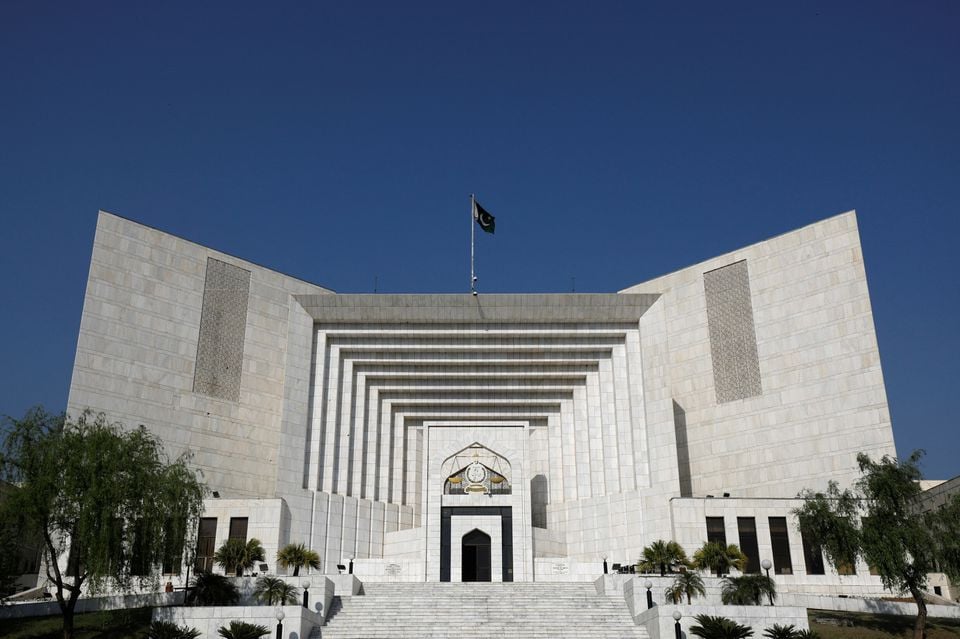The Supreme Court has said that Mehr must be paid whenever his wife asks for it. It’s not just something a guy has to pay his wife if they get divorced. “Mehr has to be paid whenever the wife asks for it,” said a three-page written order in a case about not paying the money. It was written by Chief Justice of Pakistan Qazi Faez Isa.

When two people get married, the groom has to give the girl a gift or pay a fee. This is called “mahr.” It is an important part of an Islamic marriage bond and the bride is the only one who can do it. The court pointed out that the Holy Quran talks about mehr in Surah An-Nisa verse 4 and Surah Al-Baqrah verses 236-7. In Section 2 of the Muslim Personal Law (Shariat) Application Act, 1962, Pakistani law makes it clear that this is fine.
In his plea, the husband said that he did not have to pay the mehr because he was still married to his wife and had not divorced her.
The three-person bench, led by CJP Isa, flatly denied the claim. They pointed to a Supreme Court decision from 2001 that said mehr can be asked for even after the marriage has ended and that the husband must pay the amount agreed upon at the wedding.
Go to Imran wrecked my married life: Bushra’s ex-husband to read more.
The court order said that the wife had to file a lawsuit to get her money back and support, and that the husband got her involved in unnecessary litigation that took six and a half years to reach this court. “This kind of frivolous litigation is paralysing the judicial system of Pakistan. “The petitioner took up an untenable defence and kept it up, probably because he wasn’t charged with anything and the courts didn’t insist that the Family Court’s decision should stand.
“The learned counsel’s excuse that the decision wasn’t followed because it was challenged is not valid. “We repeat that just because a decision is challenged doesn’t mean it’s no longer valid and shouldn’t be followed. “Imposing enough costs may have been the good thing that the petitioner needed to do to behave reasonably,” it said.
The order said that courts shouldn’t be afraid to charge fees, even if it’s to make up for lost wages. “We were tempted to charge substantial fees, but the learned counsel says that the mehr will be paid to the [wife] by bankers cheque, pay order, demand draught or will be deposited in the Family Court within one month.”
“Therefore, in addition to the costs that were already due, we also charge the petitioner compensatory costs of one hundred thousand rupees because the value of money has gone down.” “If the more and the costs are not paid, the Family Court will carry out this order, which could mean seizing the petitioner’s property,” it said.










































